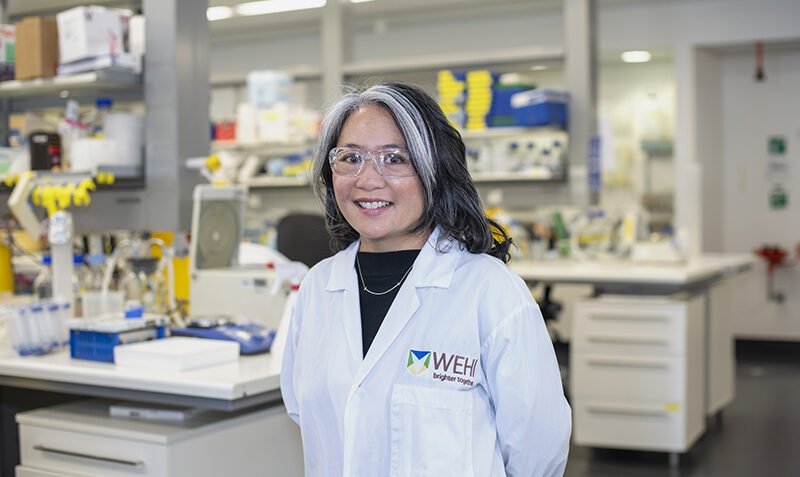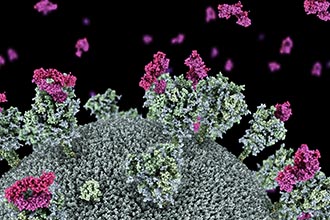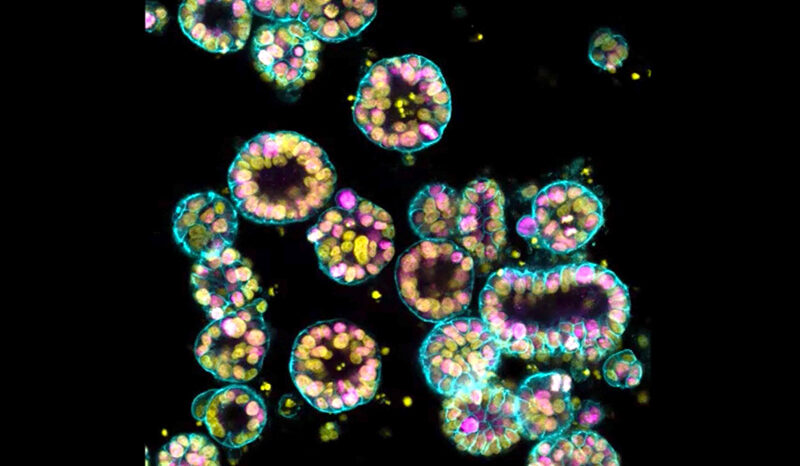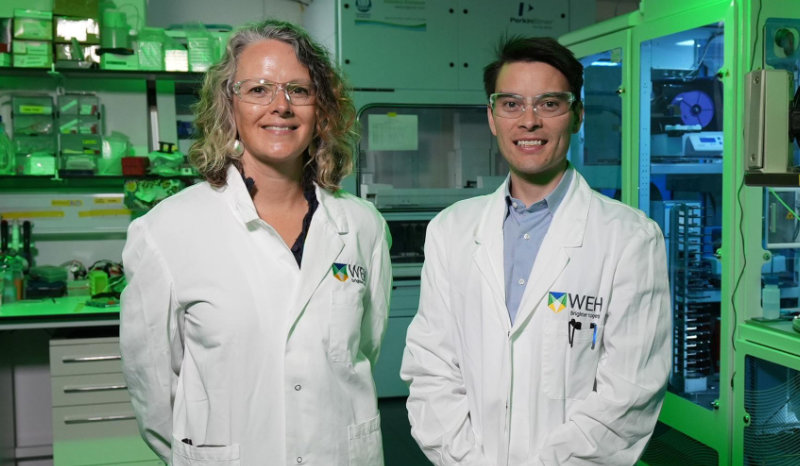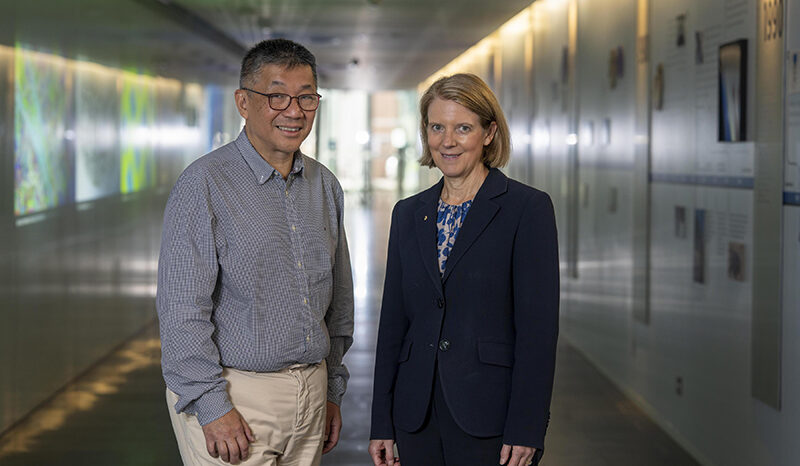“Antibodies are key infection fighting molecules in our immune system. They protect us by targeting and binding to specific proteins, such as those on the surface of viruses.
Antibody-based therapies, or ‘biologics’, harness this property of antibodies to block viruses from entering cells and remove them from the body.”



